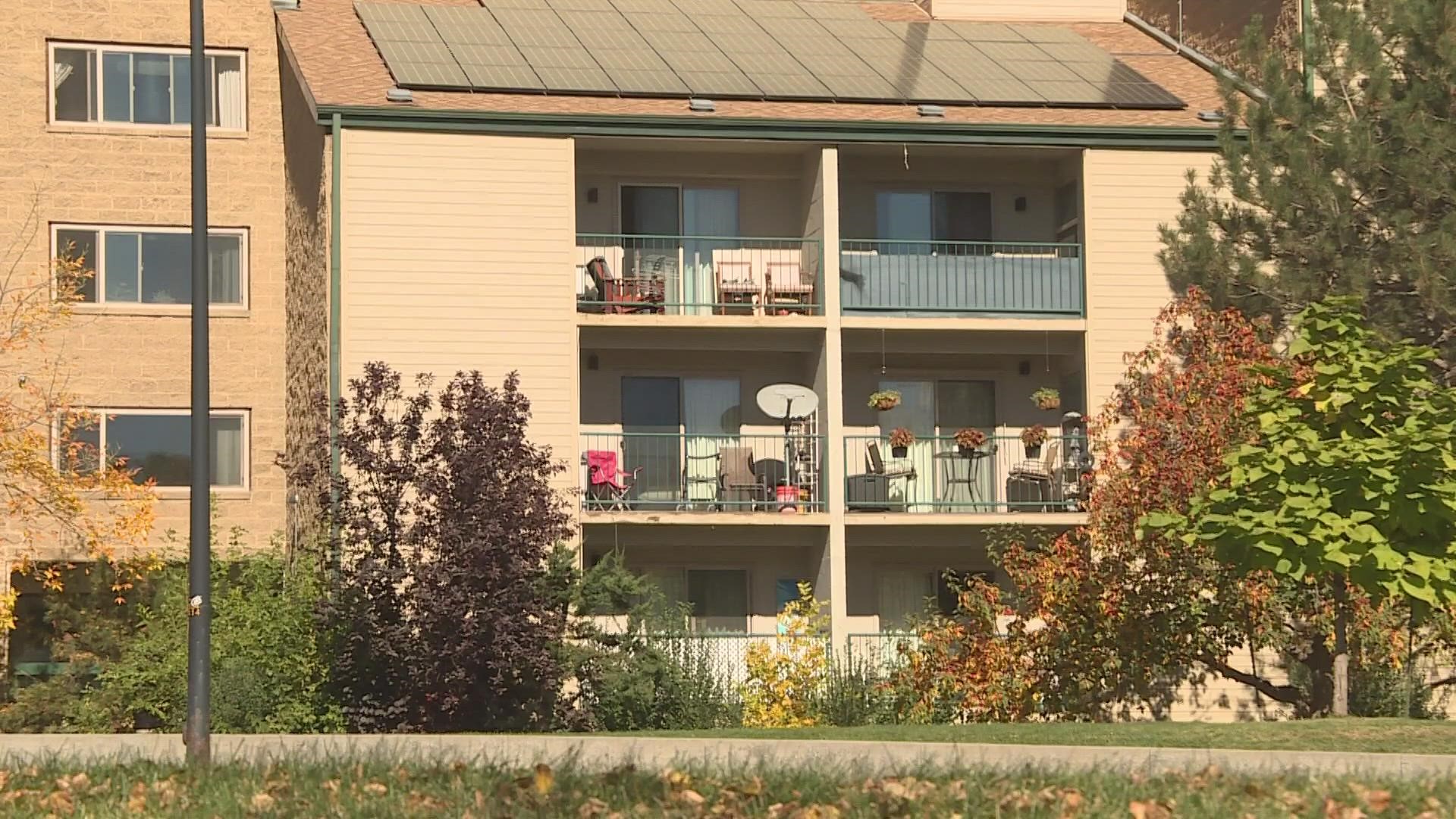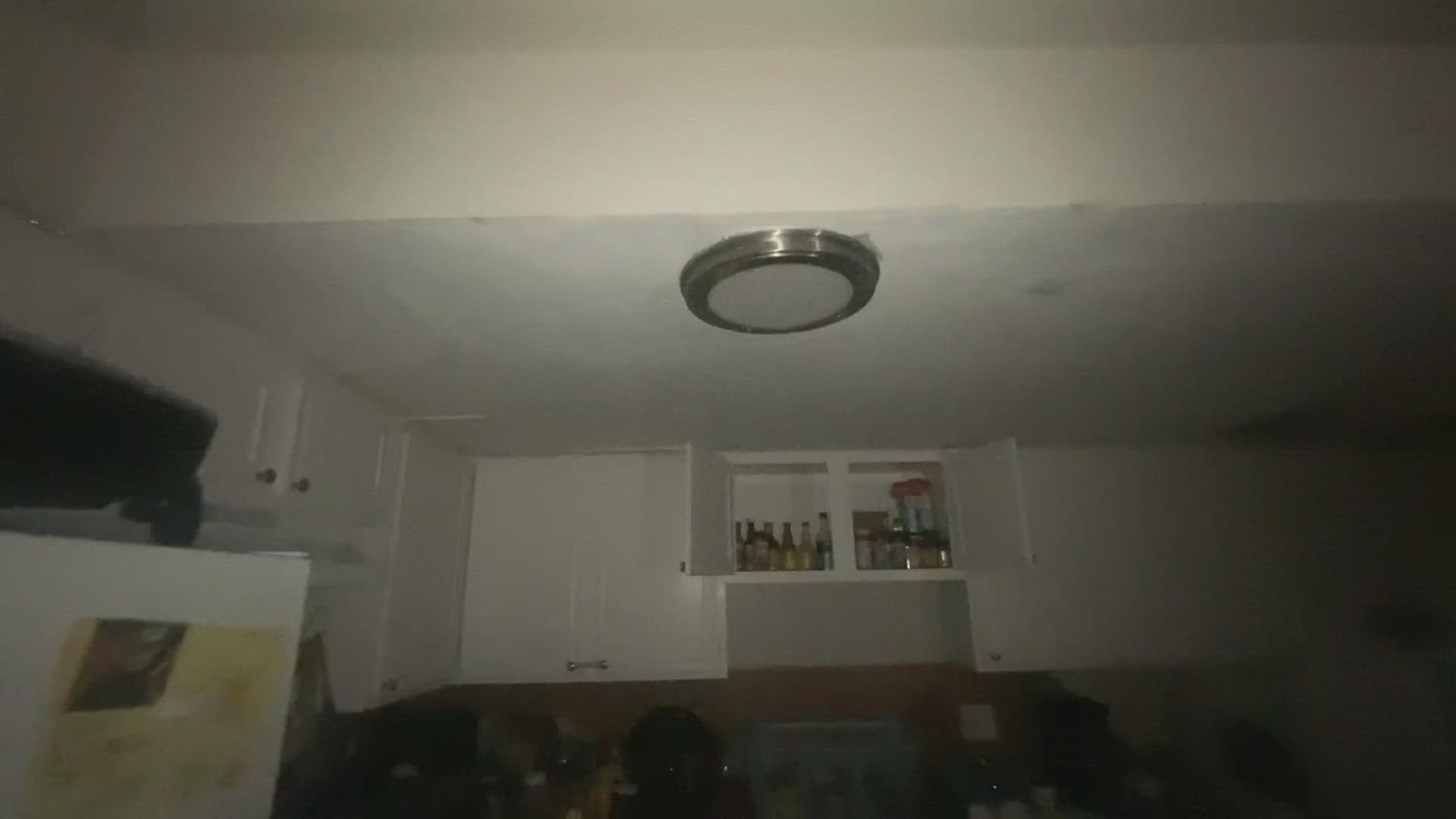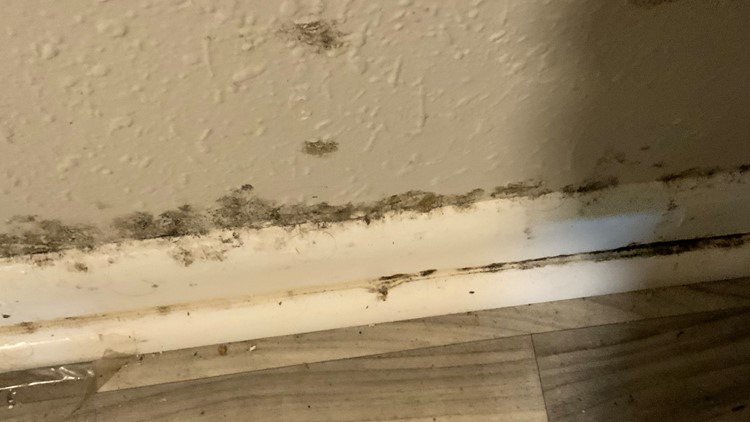DENVER — The “Just Cause” eviction bill passed its first legislative hurdle Wednesday as it cleared the Colorado State House Transportation, Housing & Local Government committee by a 9-4 vote.
Landlords have a lot of power to choose whether or not they are going to evict someone or renew their lease. Some tenants are afraid to complain about poor conditions because they could be evicted. This legislation would change that.
Six amendments were added to House Bill 23-1171 before it passed. Some of the notable changes include:
An amendment requiring tenants to sign re-sign a lease with rent that’s the “same amount” or a “reasonably increased amount,” a carve-out for short-term rentals and outlined the rules a landlord needs to follow to alert a tenant of a no-fault eviction.
Next, the bill will go to the full Colorado House of Representatives for a vote.
According to the National Low Income Housing Coalition, five states and seven localities have enacted similar legislation.
Colorado resident Amber Allen said she lives “in fear every day” that the property’s management will continue to make her apartment miserable to live in and try to evict her. She said House Bill 23-1171 would alleviate some of her concerns.
9NEWS is not naming the apartment complex and agreed to use a different name for Allen because she fears retribution from her landlord.
Allen has lived in her apartment with her family for months, but keeps most of their things packed away. That’s because her basement apartment has flooded at least six times since she moved there in fall 2022.
“I could set a floaty down on it and it could sit on [the water], no problem,” Allen said.
The above video shows what flooding looks like in Amber Allen's apartment.
She said two to three inches of water “rains” down from light fixtures and wall sockets each time.
“It has destroyed everything,” Allen said.
That’s not the only issue. Mold from the flooding rapidly spreads to her family’s belongings.
“It grows rapidly,” Allen said. “I can bleach it and scrub, but it comes back in a couple days.”
Mold growing in Amber Allen's apartment
The apartment often lacks heat, even during Colorado’s coldest days. Allen keeps paying nearly $2,000 a month and asking her landlord to fix things. But instead of offering remedies or reduced rent because of the problems, she said she faces more hardships.
“I feel like they’re doing it intentionally,” Allen said. “Because I have complained so much.”
The bill lays out the specific requirements for someone to be evicted or lose out on a lease renewal. It also lists the reasons someone could be removed from their home, such as:
- Not paying rent.
- Committing a “substantial violation” that endangers those living there, such as a “violent or drug-related felony.”
- Refusing to sign a rental agreement similar to one they have signed previously.
Rep. Serena Gonzales-Guitierez, one of the bill’s sponsors, said the bill will allow those who are following the rules to keep their housing.
“What we want to make sure is that the people are given a fair shot,” Gonzales-Guitierez said. “That they’re not unjustifiably being evicted from their homes. Which [is] what is happening right now.”
In 2022, 45,980 eviction filings happened in Colorado, according to a 9NEWS analysis of court data.
Statewide eviction filings are back to levels similar to 2019, before the pandemic. But they're still below a high of 48,838 filings in 2018. Eviction limitations were in place in 2020 and 2021.
Graphic created by Zack Newman.
There are likely more informal evictions happening than evictions filed on the record with the courts. A 2015 Harvard study conducted in Wisconsin found that for every one official eviction, there are two families that end up leaving their homes before courts get involved.
“We want to clarify on the front end as to what is an acceptable reason to evict someone and what is not,” Sen. Julie Gonzales, another sponsor of the bill, said.
The bill dictates what a landlord must do if a tenant must leave through a “no fault” eviction. If a landlord needs to do “substantial repairs or renovations,” demolish the property or move into the property themselves, the landlord would have to pay the tenant two months’ rent. The landlord would need to pay another month’s rent if any occupant has a disability, qualifies as “low income,” is a minor or is more than 60 years old.
Opposition to the bill: 'Endless leases' and 'incredibly punitive' requirements
Marty Schecter, a spokesperson for the Colorado Association of Realtors (CAR), wrote in an email that the language requiring landlords to pay for relocation assistance is “incredibly punitive.”
Schecter wrote that the association wants the bill amended and is working through issues with the bill sponsors. Other concerns include a desire for clarity around how the legislation could affect the eviction process and ability to buy or sell a property. Schecter also said CAR wants short-term rentals to be excluded from the bill.
Drew Hamrick, general counsel and senior vice president of government affairs for the Apartment Association of Metro Denver, wrote in an email that the "Just Cause" eviction bill would “dramatically increase” the cost of renting.
“We already have a transaction for an endless lease – we call it a sale and it is much more expensive,” Hamrick wrote. “...As you can imagine, people will be far less inclined to loan another person a home if there is no way to get it back.”
Hamrick did not immediately answer follow-up questions about how tenants paying rent at a property with leases that regularly renew would increase prices.
Hamrick also pointed to various laws already on the books as reasons not to pass the "Just Cause" eviction bill. One "prohibits retaliation" and another lists protected classifications that can not be used as a reason not to renew a lease.
‘Helpful’ to not have to ‘live in fear’
For Allen, the most important component of the bill is the reassurance that she would still have a place to live even if she raises her voice.
“It would be very helpful because people wouldn’t have to live in fear,” she said.
Allen is on the waitlist for a kidney and does not want any possible eviction to affect her spot on the list. According to the U.S. Department of Health and Human Services, “it is best” for people who are being considered for transplants to have stable housing.
She said she’s stopped complaining because she does not want her landlord to retaliate.
“I started shutting up and not saying anything because I can’t lose my home,” she said.
The bill goes before the Transportation, Housing and Local Government committee on March 1.
9NEWS reporter Steve Staeger contributed to this report.
Reach investigative reporter Zack Newman at 303-548-9044. You can also call or text securely on Signal through that same number.
Email: zack.newman@9news.com. Call or text is preferred over email.






